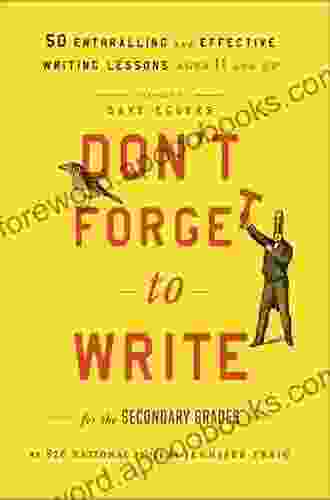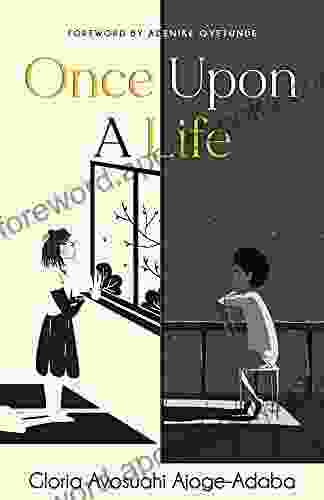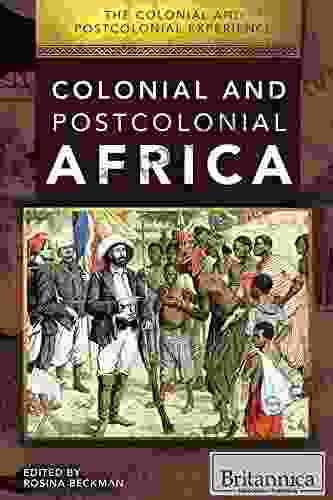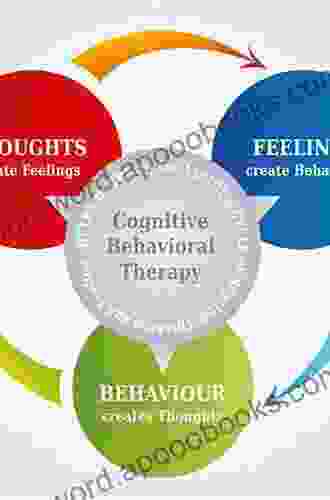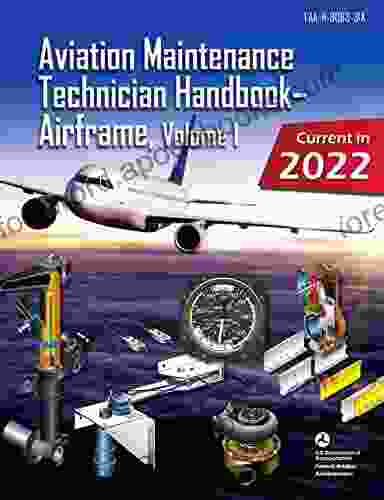Unlocking the Power of Writing in the Secondary Grades

Writing is a foundational skill that extends far beyond the classroom. It empowers individuals to express themselves, communicate their thoughts and ideas, and navigate the complexities of the modern world. In the secondary grades, the importance of writing is amplified, as students are expected to produce increasingly complex and nuanced written work. This comprehensive guide explores the essential elements of effective writing instruction for the secondary grades, providing educators with the tools and strategies they need to foster confident and proficient writers.
4.5 out of 5
| Language | : | English |
| File size | : | 6791 KB |
| Text-to-Speech | : | Enabled |
| Screen Reader | : | Supported |
| Enhanced typesetting | : | Enabled |
| Word Wise | : | Enabled |
| Print length | : | 240 pages |
| Lending | : | Enabled |
Essential Elements of Effective Writing Instruction
In Free Download to nurture effective writing skills in secondary students, educators must embrace a multi-faceted approach that encompasses the following core elements:
1. Establish Clear Learning Goals and Standards
Defining clear learning goals and standards provides students with a roadmap for their writing journey. These goals should align with grade-level expectations and be conveyed to students in a manner that is both accessible and motivating. Standards should encompass a range of writing skills, including composition, grammar, and vocabulary development.
2. Provide Explicit Instruction and Modeling
Effective writing instruction requires explicit instruction and modeling of the writing process. Teachers should demonstrate the steps involved in writing, from planning and drafting to revising and editing. Visual aids, such as anchor charts and graphic organizers, can help students to internalize and apply these strategies.
3. Offer Regular and Meaningful Feedback
Feedback is an essential component of the writing process. Teachers should provide regular, written feedback on student work, focusing on both strengths and areas for improvement. Feedback should be specific, actionable, and timely to facilitate student growth.
4. Create a Supportive Writing Environment
A positive and supportive writing environment fosters student confidence and growth. Teachers should establish a culture of respect and collaboration, where students feel comfortable taking risks and sharing their work. Access to resources, such as writing centers and peer review opportunities, can further enhance the learning environment.
Effective Writing Strategies for Secondary Students
In addition to implementing the essential elements of effective writing instruction, teachers can employ a range of strategies to support student writing in the secondary grades. These strategies include:
1. Utilize Writing Process Models
Writing process models, such as the Six Traits of Writing or the Gradual Release of Responsibility, provide students with a structured approach to writing. These models guide students through the stages of planning, drafting, revising, and editing, helping them to develop independence and ownership of their writing.
2. Integrate Technology
Technology can be a powerful tool for enhancing writing instruction. Word processors, online writing platforms, and other digital tools can facilitate collaboration, provide feedback, and motivate students to engage with writing.
3. Encourage Authentic Writing Experiences
Providing students with opportunities to engage in authentic writing experiences, such as personal essays, research papers, and creative writing, can spark their interest and make writing more meaningful. Teachers should encourage students to write for a variety of audiences and purposes.
4. Foster Critical Thinking and Analysis
Writing should not be limited to mere composition. Teachers should encourage students to develop critical thinking and analytical skills through writing. Asking open-ended questions, promoting research, and facilitating discussions can help students to deepen their understanding of the world and express their perspectives through writing.
Assessment of Writing
Assessment plays a vital role in evaluating student writing and informing instructional practices. Effective assessment strategies include:
1. Formative Assessment
Formative assessment provides ongoing feedback on student progress throughout the writing process. This can be done through informal observations, writing conferences, and peer review. Formative assessment helps students to identify areas for improvement and make necessary adjustments.
2. Summative Assessment
Summative assessment measures student learning at the end of a unit or course. This can include formal essays, portfolios, or standardized tests. Summative assessment provides information about student achievement and informs future instruction.
Effective writing instruction in the secondary grades is essential for fostering confident and proficient writers. By embracing the essential elements of effective instruction, employing proven writing strategies, and utilizing appropriate assessment techniques, educators can empower their students to become effective communicators, critical thinkers, and lifelong learners. Remember, don't forget to write for the secondary grades!
4.5 out of 5
| Language | : | English |
| File size | : | 6791 KB |
| Text-to-Speech | : | Enabled |
| Screen Reader | : | Supported |
| Enhanced typesetting | : | Enabled |
| Word Wise | : | Enabled |
| Print length | : | 240 pages |
| Lending | : | Enabled |
Do you want to contribute by writing guest posts on this blog?
Please contact us and send us a resume of previous articles that you have written.
 Book
Book Novel
Novel Page
Page Chapter
Chapter Text
Text Story
Story Genre
Genre Reader
Reader Library
Library Paperback
Paperback E-book
E-book Magazine
Magazine Newspaper
Newspaper Paragraph
Paragraph Sentence
Sentence Bookmark
Bookmark Shelf
Shelf Glossary
Glossary Bibliography
Bibliography Foreword
Foreword Preface
Preface Synopsis
Synopsis Annotation
Annotation Footnote
Footnote Manuscript
Manuscript Scroll
Scroll Codex
Codex Tome
Tome Bestseller
Bestseller Classics
Classics Library card
Library card Narrative
Narrative Biography
Biography Autobiography
Autobiography Memoir
Memoir Reference
Reference Encyclopedia
Encyclopedia Katie Rodante
Katie Rodante Jacqueline Mroz
Jacqueline Mroz David Kairys
David Kairys Justin Nathan
Justin Nathan Philip Ackerman Leist
Philip Ackerman Leist David Mandel
David Mandel Heru Ptah
Heru Ptah Michael Kranish
Michael Kranish Tom Wayman
Tom Wayman Paola Sztajn
Paola Sztajn Gilles Diederichs
Gilles Diederichs Midnight Storm
Midnight Storm Jan Horrox
Jan Horrox Margalit Fox
Margalit Fox Joy Davis
Joy Davis Tim Wu
Tim Wu Yong Chen
Yong Chen Erica Armstrong Dunbar
Erica Armstrong Dunbar Guido Meda
Guido Meda Martijn Konings
Martijn Konings
Light bulbAdvertise smarter! Our strategic ad space ensures maximum exposure. Reserve your spot today!

 William PowellUnleash Your Potential and Achieve Your Life's Goals: A Transformative Guide
William PowellUnleash Your Potential and Achieve Your Life's Goals: A Transformative Guide F. Scott FitzgeraldFollow ·16.4k
F. Scott FitzgeraldFollow ·16.4k Morris CarterFollow ·6.3k
Morris CarterFollow ·6.3k Eddie BellFollow ·13.1k
Eddie BellFollow ·13.1k Dillon HayesFollow ·9.2k
Dillon HayesFollow ·9.2k Holden BellFollow ·3k
Holden BellFollow ·3k Cortez ReedFollow ·7.6k
Cortez ReedFollow ·7.6k Efrain PowellFollow ·2.1k
Efrain PowellFollow ·2.1k William ShakespeareFollow ·5.2k
William ShakespeareFollow ·5.2k
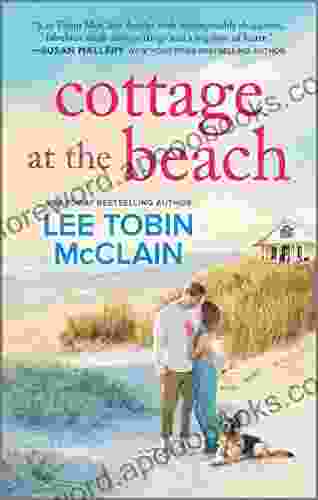
 Douglas Powell
Douglas PowellEscape into a World of Sweet Love and Second Chances with...
Prepare yourself...
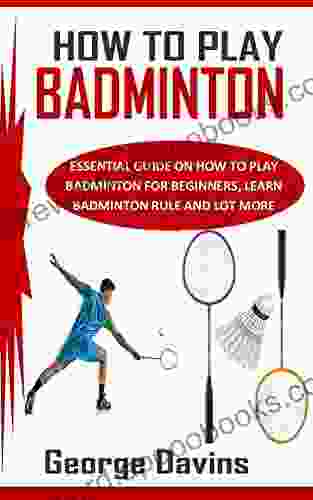
 Garrett Powell
Garrett PowellMaster Badminton: A Comprehensive Guide to the Thrilling...
Are you ready to step into the world of...
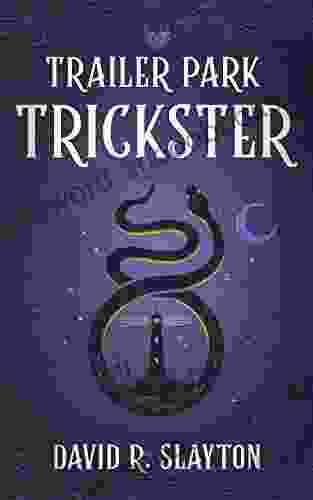
 Deacon Bell
Deacon BellTrailer Park Trickster: The Adam Binder Novels
Book 1: The...

 Oscar Bell
Oscar BellLeo: The Very Modern Taoiseach
Leo Varadkar's journey...
4.5 out of 5
| Language | : | English |
| File size | : | 6791 KB |
| Text-to-Speech | : | Enabled |
| Screen Reader | : | Supported |
| Enhanced typesetting | : | Enabled |
| Word Wise | : | Enabled |
| Print length | : | 240 pages |
| Lending | : | Enabled |


